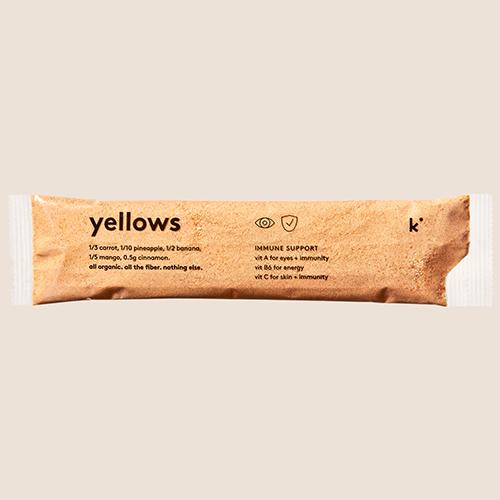Five incredible facts about your gut
Looking for cute conversation starters for a first date? Don’t come to us - we’ll just give you weird and wonderful facts about the human digestive system.
Looking for cute conversation starters for a first date? Don’t come to us - we’ll just give you weird and wonderful facts about the human digestive system.
1. Your gut is pretty brainy
Ever had a 'gut feeling'? That's not just a metaphor: your gut contains millions of neurons, the same kind of cells found in the brain. Scientists are still trying to understand how our guts 'think', but in the main nerve complex that links the two, 90% of the traffic is made up of signals sent from the gut to the brain.
2.Your intestines are 5-6 times as long as you are tall
That cookie you’re eating is in for a pretty long journey: The digestive system in an adult human can be up to 30 feet long. The all-time longest gut belongs (not surprisingly) to the blue whale. Fully-grown adults have 650-odd feet of intestine.
3. A healthy gut is home to about a kilo of friendly bacteria
Our bodies contain around 100 trillion bacteria, a large proportion of which are employed in the gut. The weight of these microorganisms is heavier than your brain.
4. Your gut makes its own dish soap
Bile acids are digestive juices made by the liver, and they act just like detergents on a greasy plate. They begin the process of breaking down dietary fats so that the enzymes in your gut can digest them for absorption into the bloodstream.
5. Silent but deadly?
Hydrogen sulphide - the rotten-egg smelling gas produced by bacterial action in your colon - is lethal at high concentrations. Don’t worry, though: even your stinkiest toots only contain 1-3 parts per million, and it would take 1000 times that to actually kill someone.
Need a further gut check? Check out these three gut-friendly breakfast recipes, or read more about this season's hottest new trend: fiber.
there's more good content where that came from
